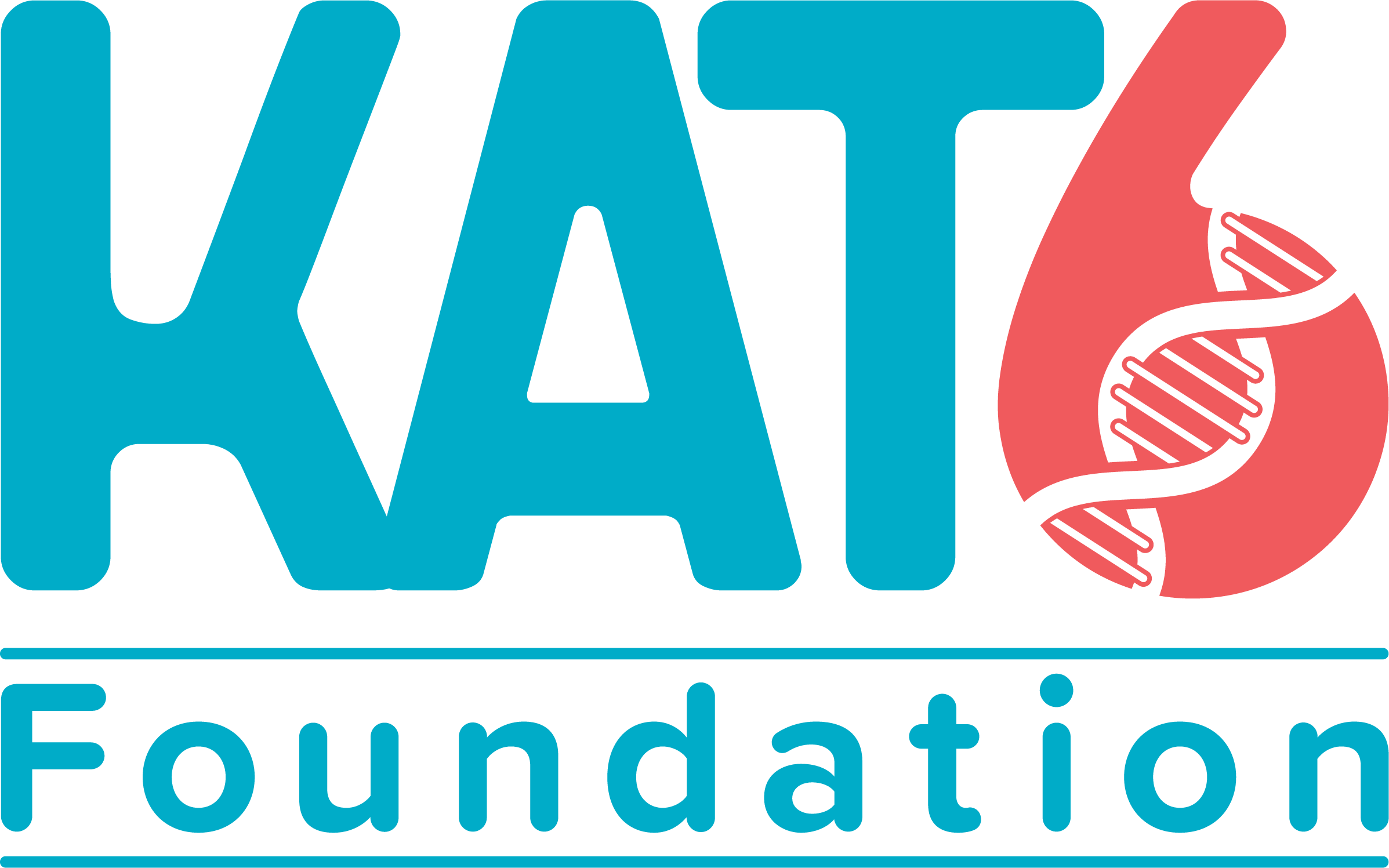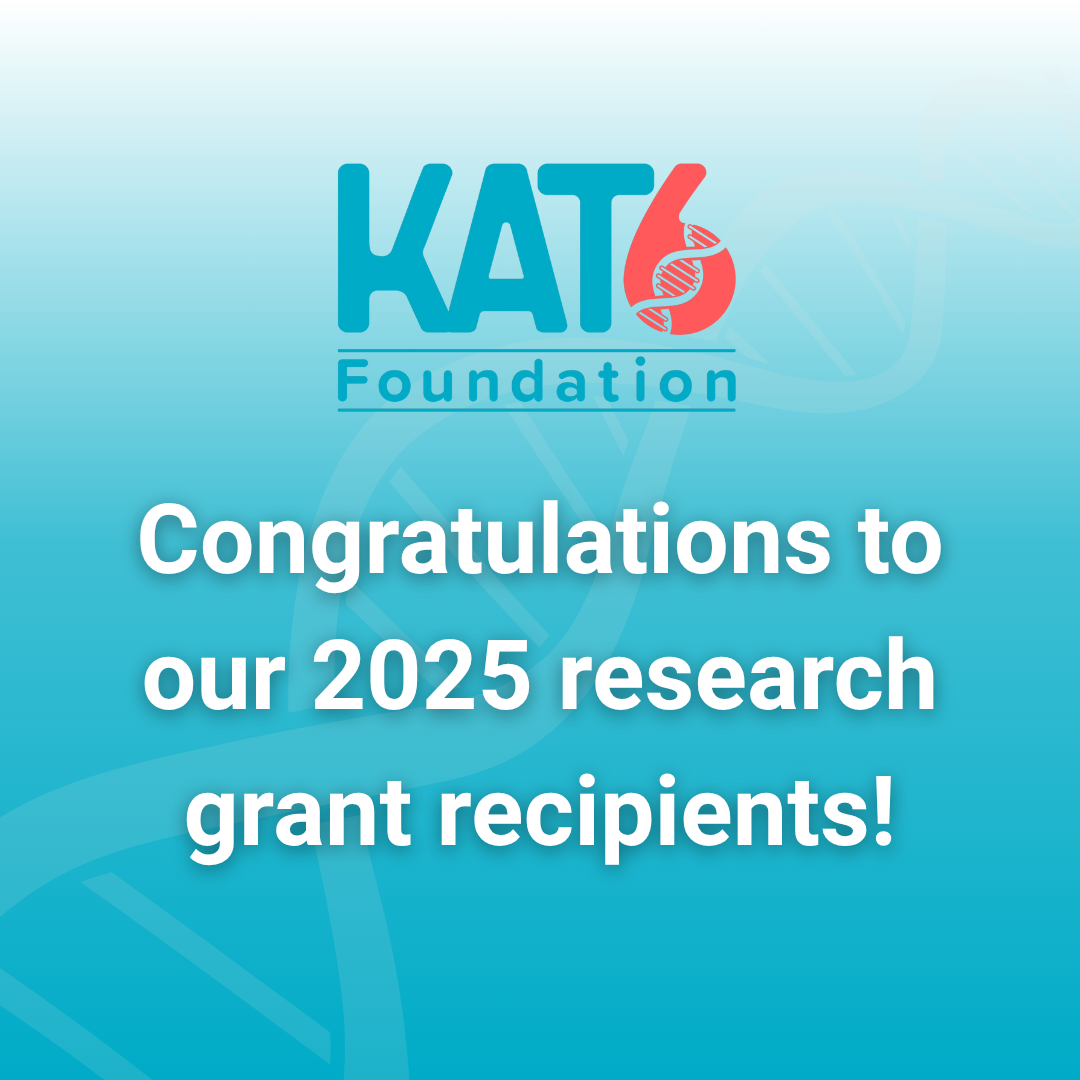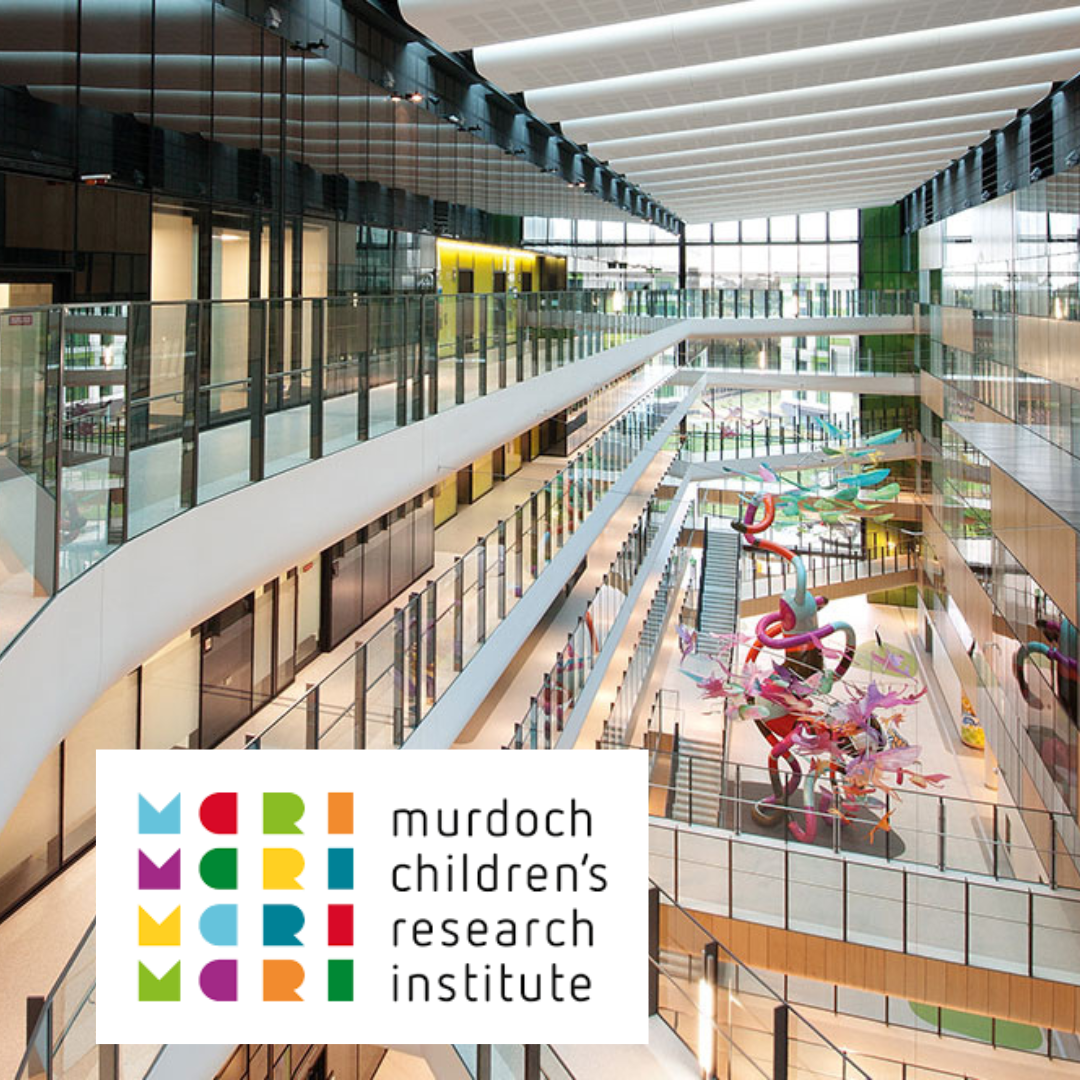KAT6A syndrome, also known as Arboleda-Tham Syndrome (ARTHS), is a rare genetic disorder caused by mutations in the KAT6A gene, which plays a role in regulating gene expression through a process called histone acetylation. This process is essential for controlling how and when certain genes are turned on or off, especially during early development.
The severity of symptoms can vary widely, even among individuals with similar mutations. KAT6A syndrome is typically not inherited but caused by a de novo mutation, meaning it arises spontaneously in the child. Research is ongoing to better understand how KAT6A mutations affect brain development and function, and to explore potential treatments.
Has your child recently been diagnosed with a KAT6A genetic variant?
The KAT6 Foundation developed a KAT6A & KAT6B Handbook to help guide caregivers.









